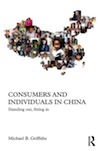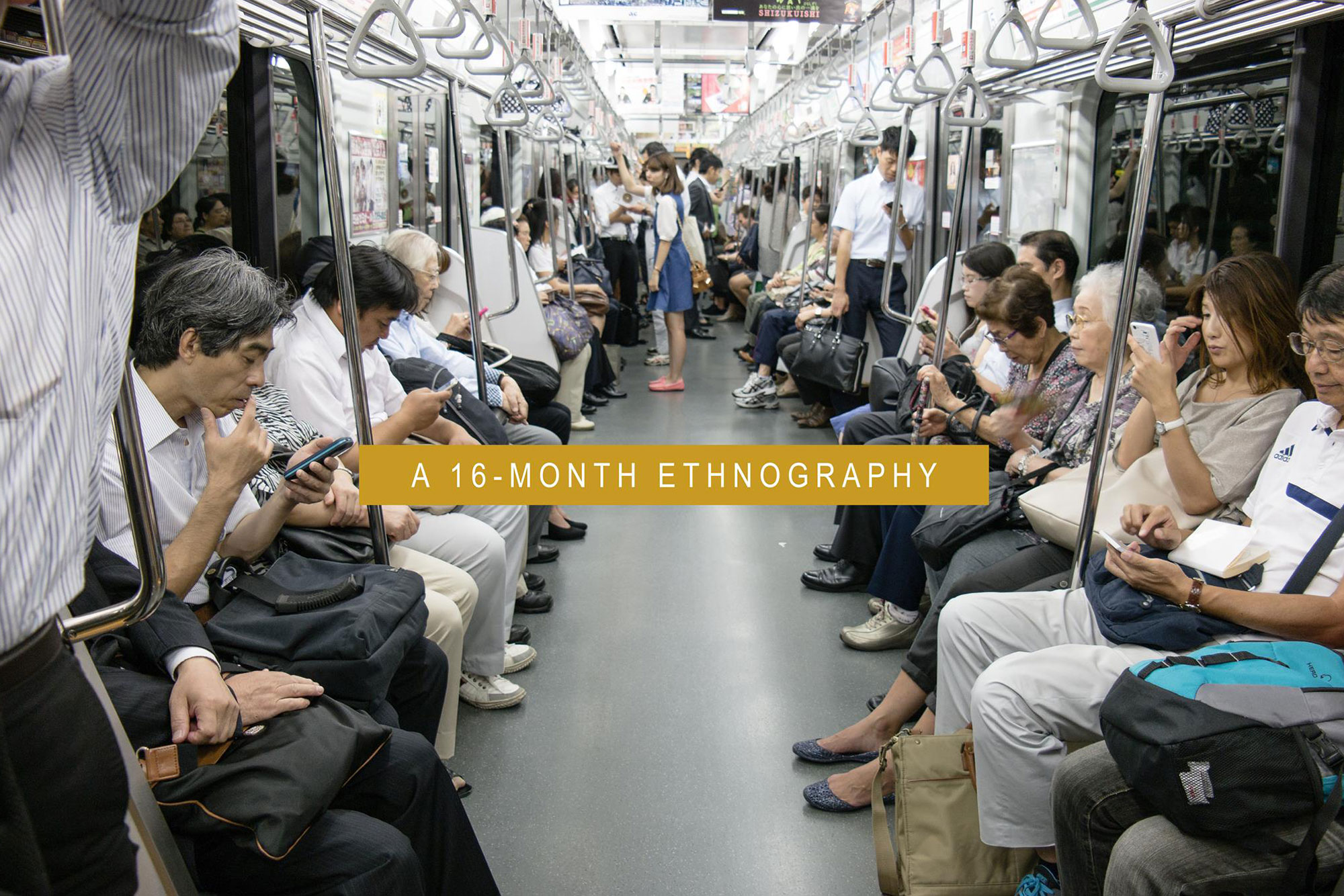Interview with Michael Griffiths, Director of Ethnographic Research, Ogilvy & Mather China

Michael B Griffiths is Director of Ethnography at Ogilvy & Mather, Greater China, Associate Research Fellow, White Rose East Asia Centre, and External Research Associate, Centre for International Business, University of Leeds, UK. He is also the author of the recent book Consumers and Individuals in China: Standing Out, Fitting In.
Book abstract:
Breaking new ground in the study of Chinese urban society, this book applies critical discourse analysis to ethnographic data gathered in Anshan, a third-tier city and market in northeast China. The book confronts the – still widespread – notion that Chinese consumers are not “real” individuals, and in doing so represents an ambitious attempt to give a new twist to the structure versus agency debates in social theory. To this end, Michael B. Griffiths shows how claims to virtues such as authenticity, knowledge, civility, sociable character, moral proprietary and self-cultivation emerge from and give shape to social interaction. Data material for this path-breaking analysis is drawn from informants as diverse as consumerist youths, dissident intellectuals, enterprising farmers, retired Party cadres, the rural migrant staff of an inner-city restaurant, the urban families dependent on a machine-repair workshop, and a range of white-collar professionals.
Consumers and Individuals in China: Standing out, fitting in, will appeal to sociologists, anthropologists, and cultural studies scholars, China Studies generalists, and professionals working at the intersection of culture and business in China. The vivid descriptions of living and doing fieldwork in China also mean that those travelling there will find the book stimulating and useful
Shanghaiist interviewed Michael Griffiths (part one | part two) about his book and insights:
Chinese people – and this is what my research seeks to show – like people everywhere, take up positions in relation to dominant cultural narratives or discourses.
This doesn’t mean that all those things about Confucianism (for example) are not true or relevant, it just means that – in terms of what individual people do on the ground in an everyday way – it’s intensely more complicated than that.
So that’s the sort of broader background to my book. The real value of the research is the way I set out to show that. It’s a systematic analysis; basically its structural anthropology though in a postmodern way. It’s about looking at the different ways that people position themselves through their speaking and acting, and disaggregating that into, let’s say, the most reducible … I’m tempted to say elements but that’s not right… discourses. Discourses are simply systems of meaning that have a certain internal integrity whilst also being connected to everything else.”
The first part of the interview is more general, while the second part strongly focused on cultural context of the advertising industry in China.



